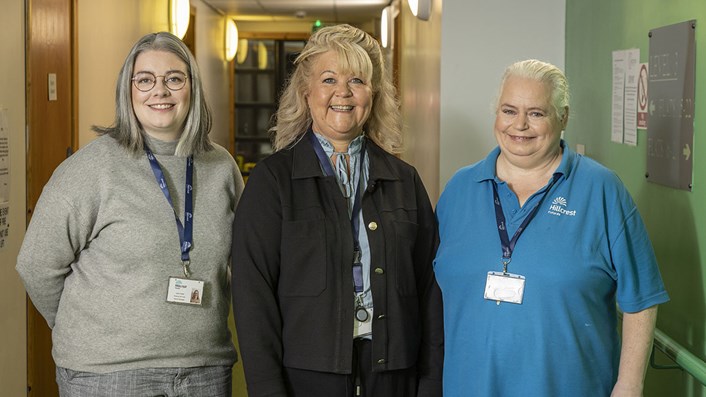One of the areas we examine is the proportion of registrants referred to us over fitness to practise concerns who hold the required qualification for registration.
Analysis of the fitness to practise cases we closed during the year to end of May 2024 indicates that registrants with the required qualifications are less likely to receive a sanction than those who are not qualified.
Standards
We have a legal duty to promote high standards in the education and training of social service workers. As part of this, workers who apply to register with us must either hold a qualification relevant to their role or agree to work towards gaining such a qualification.
There are several reasons we may close fitness to practise cases without a sanction, such as there is insufficient evidence of fault, or the behaviour does not impair a registrant’s fitness to practise given the registrant’s insight, where the behaviour sits on the scale of seriousness and other factors.
Different types of service
Our data shows there’s a clear difference in the number of cases closed without a sanction for registrants with the required qualification, no matter what type of service they work in.
In housing support services, just 19% of the cases closed with a sanction were for registrants who held the required qualification when the case was referred. Of the cases closed without a sanction, 29% of registrants were qualified, a difference of 10%.
Residential childcare services had just under 36% of sanctioned registrants holding a necessary qualification at referral, while the figure for the cases closed without a sanction was 49%.
For managers across all types of services, 14% of those qualified at referral received a sanction, while the qualified group accounted for 51% of cases closed without a sanction.
In day care of children services, 50% of sanctioned registrants had the required qualification when the case was referred. But qualified registrants made up just over 70% of the cases closed without sanction, a difference of over 20%.
Care home services had 41% of cases closed with a sanction where the registrant was qualified, compared to almost 47% of cases closed without a sanction for those holding a necessary qualification.
Get qualified
Across all types of services 6% more fitness to practise cases ended with a sanction where the registrant did not have the required qualification at referral, compared to those cases closed without a sanction. Qualified registrants seem to have better prospects when fitness to practise concerns are referred to us.
Registrants are required to get a qualification as we know it helps them gain and demonstrate they have the necessary knowledge, skills and confidence to provide the best care and support for individuals using services.
As part of our recent changes to registration we’ve reduced the length of time most workers joining the Register have to gain their qualification from five to three years, as we know how important it is in supporting a trusted, skilled, confident and valued workforce.
Anyone with no qualifications who has to gain two qualifications for registration will still have five years if they register as a supervisor, manager or residential childcare worker.
The reduced timescale for qualifications only applies to new registrants after 3 June 2024 (and from June 2025 for those working in adult social care).
